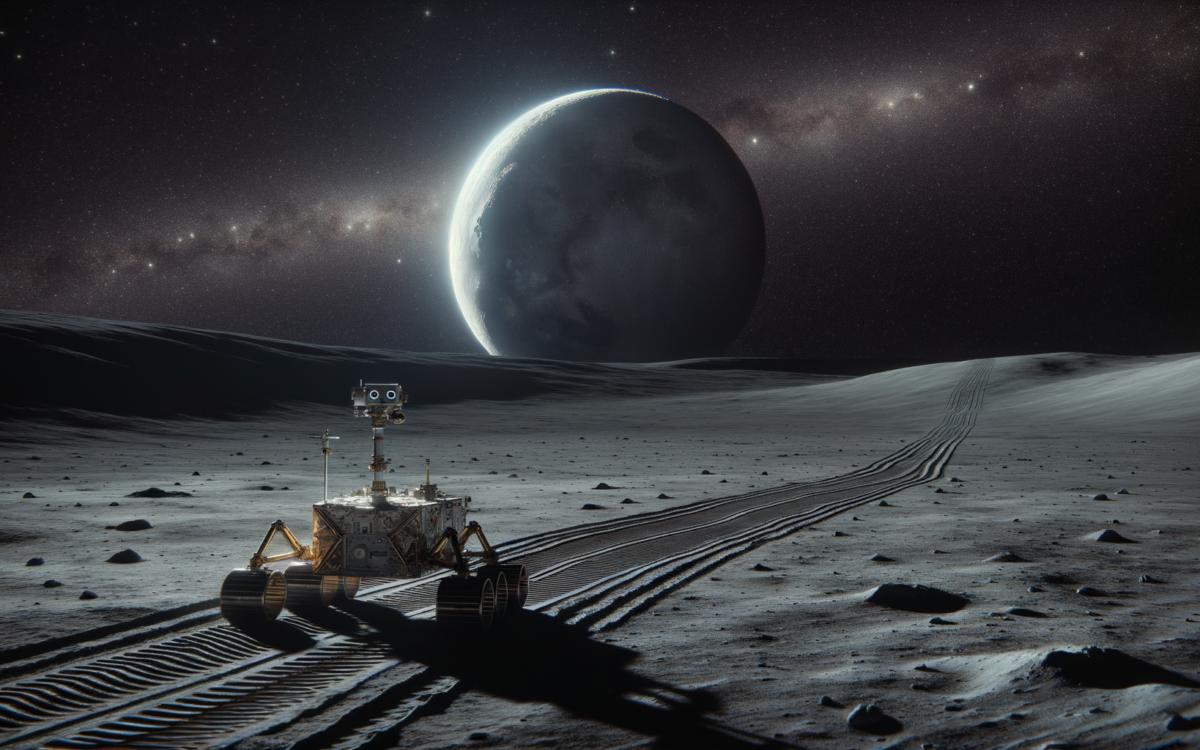The Lunar Leap: Unpacking the Space Race and Moon Missions
- China’s moon missions have sparked concerns about potential territorial claims and the mix of military and civilian space ambitions.
- Water on the moon becomes a key focus, as it’s essential for sustaining long-term lunar facilities.
- NASA faces challenges with its Artemis exploration plan, aiming for future moon landings amid delays and technical setbacks.
China’s Ambitious Strides in Space
In recent years, China’s space program has made significant leaps, particularly with its mission that successfully retrieved rock samples from the dark side of the moon. This mission, combined with the country’s secretive approach and ambitious plans to establish a permanent lunar base by 2035, has raised eyebrows around the globe. NASA Administrator Bill Nelson has voiced concerns, suggesting that China’s civilian space efforts may be dual-purpose, serving military objectives as well. The specter of a future territorial dispute over the moon looms as China advances its capabilities.
The Quest for Lunar Water
Amid these developments, the focus has shifted to a critical resource: water. Both China and international counterparts recognize that water, potentially in ice form, is the linchpin for maintaining long-term operations on the moon. Veteran space reporter John Zarella points out that the race to the moon is essentially a race to secure water sources. However, questions remain about the quantity of water available, making the issue of control over these resources speculative at this stage.
NASA’s Response and Challenges
Facing pressure from China’s advancements, NASA is determined to push forward with its own lunar exploration efforts. The agency has invested in contracts with U.S. companies to work on lunar missions, though it has encountered technical challenges. The Artemis program is at the heart of NASA’s strategy to return humans to the moon, aiming for a crewed landing that would mark a significant milestone since the Apollo 17 mission in 1972. However, the journey has been fraught with delays, underscoring the complexities and challenges of lunar exploration.
Jon’s Take
As we witness these monumental efforts to reach and harness the resources of the moon, it’s clear that the final frontier is not just a realm of scientific curiosity, but a stage for strategic advancements and potential cooperation—or competition. The quest for lunar water not only underscores the practical challenges of space exploration but also highlights the broader implications for international relations and the future of human settlement beyond Earth. The truth isn’t just out there – it’s right here, unfolding as we dare to dream and reach for the stars.
Original Article




